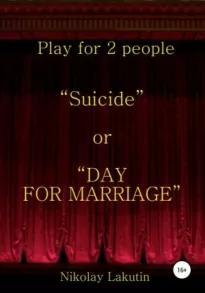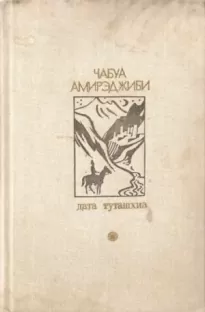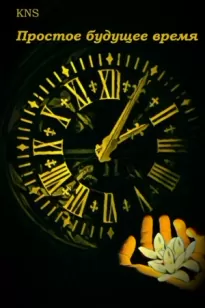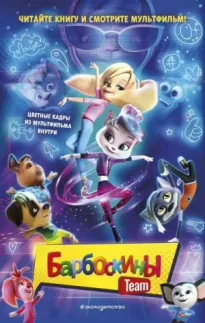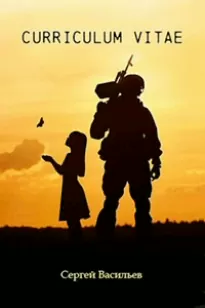Позитивные изменения. Том 3, № 3 (2023). Positive changes. Volume 3, Issue 3 (2023)
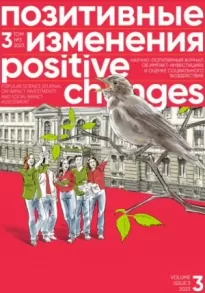
- Автор: Редакция журнала «Позитивные изменения»
- Жанр: Научная литература / Газеты и журналы
- Дата выхода: 2023
Читать книгу "Позитивные изменения. Том 3, № 3 (2023). Positive changes. Volume 3, Issue 3 (2023)"
FROM LOCAL SCHOLARSHIPS TO FEDERAL PARTNERSHIPS
A scholarship program is a common form of grantmaking organizations’ involvement in supporting the university community. Meanwhile, this form of support has much more potential than meets the eye. For example, the Vladimir Potanin Foundation goes beyond merely providing financial assistance to outstanding students. It is also a competition of social projects, volunteer programs, the development of new educational programs and training courses, skill enhancement, etc.
The Fellowship Program of the Vladimir Potanin Foundation took off in the early 2000s with local “Northern Scholarships” for exceptional students from Norilsk studying at Russian universities. Thus, years before the discussion of the third mission emerged within the Russian scientific realm, the Vladimir Potanin Foundation had already begun addressing the associated problems, anticipating the vector of the socially oriented development of universities — as oftentimes the term defining a phenomenon gets coined long after the phenomenon itself has taken root.
The Fellowship Program evolved and transformed over time. Today, it includes a personal scholarship competition for students of 75 universities participating in the program, as well as a number of other initiatives, such as the Foundation School — an annual event for Fellowship Program participants aimed at fortifying the Foundation’s community and developing social competencies and soft skills among fellows and grantees.
Since its foundation and up to the present day, social responsibility has been, and continues to be, one of the central and defining aspects of the Fellowship Program. It was the notion of social responsibility that became the cornerstone of the revamped format of the Foundation School in 2021, which for the first time was conducted in an online format due to the COVID-19 pandemic. At that time, the focal theme of the School revolved around the quest for novel approaches to addressing socially significant challenges. Participating students from Russian universities were provided with real-life appeals from the non-profit sector to solve issues aimed at positive changes in local communities and the work of NGOs. The School’s activity culminated in a competition showcasing socially significant projects undertaken by students. Subsequently, the teachers joined this initiative, reshaping these socially-oriented endeavors into collaborative team efforts rather than individual pursuits, garnering support from universities.
In 2023, for the second year in a row, the Foundation School is being held in the format of volunteer camps in protected areas and cultural heritage sites across Russia. A total of 200 students and teachers, winners of the Fellowship Program grant competition, have ventured into Russia’s protected territories and cultural heritage sites as volunteers. Their mission entails addressing pressing challenges such as trail making, infrastructure repairs, landscape enhancements, etc.
Among the Foundation’s initiatives directed towards fostering the development and dissemination of the principles inherent in the third mission concept is a grant competition for university teachers. This competition significantly influences the advancement of the third mission by fostering professional communities and encouraging collaboration with external partners in the development and implementation of educational products.
An illustrative example of community engagement, introducing students to potential career avenues within the non-profit sector, enhancing NGO professionalism, and meeting regional demands for skilled personnel is the launch of a new training course tailored for law students at P. G. Demidov Yaroslavl State University. The main objective of the course was to involve students in the work of public organizations in Yaroslavl Region. The course was developed with the support of the Vladimir Potanin Foundation: in 2016, the project won a grant competition for university teachers. The course is designed to address the lack of interest in the non-profit sector as a source of employment for law students entering the job market. At the same time, a number of organizations in the region, in particular, the Yaroslavl Region Department of the Ministry of Justice of Russia and the Yaroslavl Region Department of Public Relations, were experiencing a systemic shortage of personnel familiar with the NGO activities.
In addition to traditional training sessions, the course included internships based on collaboration with various organizations. Cooperation agreements were signed with the Public Chamber of the Yaroslavl Region, the Commissioner for Human Rights and the Commissioner for Children’s Rights in the Yaroslavl Region, the Yaroslavl Regional Branch of the Russian Lawyers Association and other organizations. During their studies, students visited organizations ready to accept future lawyers for internships, and communicated with professionals from the civil sector. More than 30 students completed internships in the office of the Yaroslavl Region Commissioner for Human Rights, while more than 20 students underwent internships at the Resource Center for Non-Profit Organizations of the Yaroslavl Region. This course opens up novel avenues for young individuals to put their newly acquired knowledge to practice and substantially broadens their understanding of potential career opportunities.

